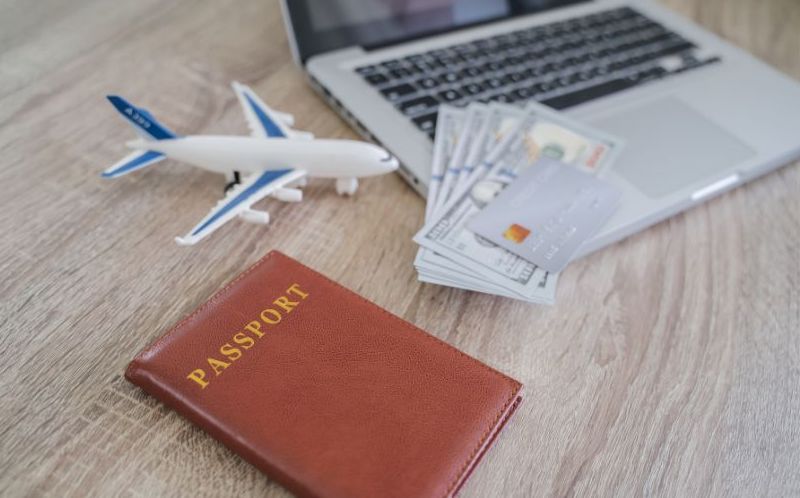The Islamic New Year, also known as Hijri New Year, marks the beginning of the Islamic lunar calendar. What is it? It is a time of reflection, renewal, and celebration for Muslims around the world. In 2024, the Islamic New Year will be observed in Saudi Arabia with a sense of reverence and cultural significance.
Saudi Arabia Witnesses the Moon Sighting on July 6
Since Saudi Arabia did not observe the crescent moon sighting on July 5, Dhul Hijjah ended on 6th July. Hence, the Islamic New Year is set to begin on July 7, following the maghrib prayers on July 6. It is the first day of the first month of Muharram of the year.
In countries like India, Pakistan, Bhutan, and other Southeast Asian nations, this New Year will commence on the next day as observed in Saudi Arabia, Dubai, other Gulf countries, the UK, and the USA.
What is an Islamic New Year?
The Islamic calendar, or Hijri calendar, began in 622 AD when the Prophet Muhammad (PBUH) migrated from Mecca to Medina, an event known as the Hijra. This migration marks the beginning of the Islamic era, and the first day of Muharram, the first month in the Islamic calendar, is celebrated as the New Year.
Unlike the Gregorian New Year, the Islamic New Year is not marked by fireworks or grand parties. Instead, it is a time for Muslims to reflect on their faith, their actions over the past year, and their goals for the coming year. In brief, it is a period for spiritual renewal and community bonding.
Observing the Islamic New Year in Saudi Arabia
Saudi Arabia, the heartland of Islam, observes the New Year with deep respect and solemnity. The occasion is marked by various cultural and religious activities, which may include:
- Prayer and Reflection: Many Muslims in Saudi Arabia spend the Islamic New Year in prayer and reflection. Mosques hold special prayers and sermons that focus on the significance of the Hijra and the lessons that can be learned from it. You can learn about Umrah visa processing and go on pilgrimage.
- Family Gatherings: The New Year is a time for families to come together. It is common for families to share meals and engage in discussions about their faith and the importance of living according to Islamic principles.
- Charitable Acts: Acts of charity and helping those in need are highly encouraged during this time. Many people take the opportunity to donate to the less fortunate, embodying the spirit of compassion and generosity.
- Educational Programs: Schools and educational institutions often hold programs to educate students about the history and significance of the Islamic New Year. These programs help to in still a sense of pride and understanding of Islamic heritage among the younger generation.
Celebrating in the Modern Era
The Islamic New Year in modern Saudi Arabia is observed with a blend of tradition and contemporary practices. While the core religious and cultural values remain unchanged, technology and social media have provided new ways to connect. Many use social media platforms to send greetings and share messages of peace and goodwill.
As the Kingdom of Saudi Arabia ushers in the Islamic New Year 1446 AH (2024 AD), it does so with a deep sense of spirituality, community, and cultural heritage. May this New Year bring peace, prosperity, and blessings to all.

A travel influencer, adventurer and blogger on a mision to dicover the hidden gems of this beautiful planet. For me traveling isn’t a hobby, but a way of living.



